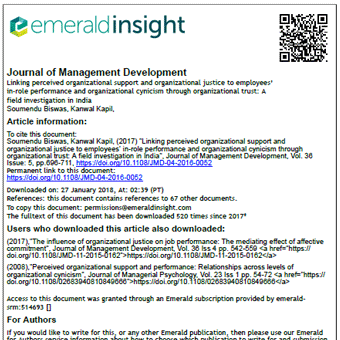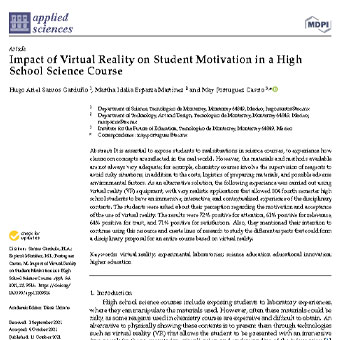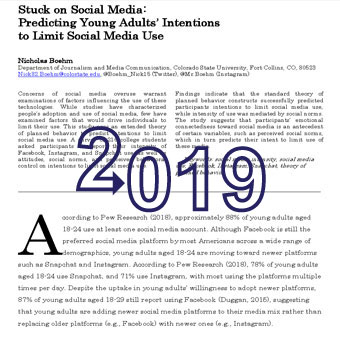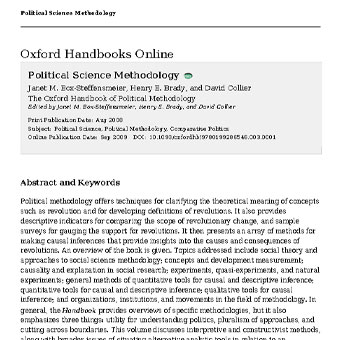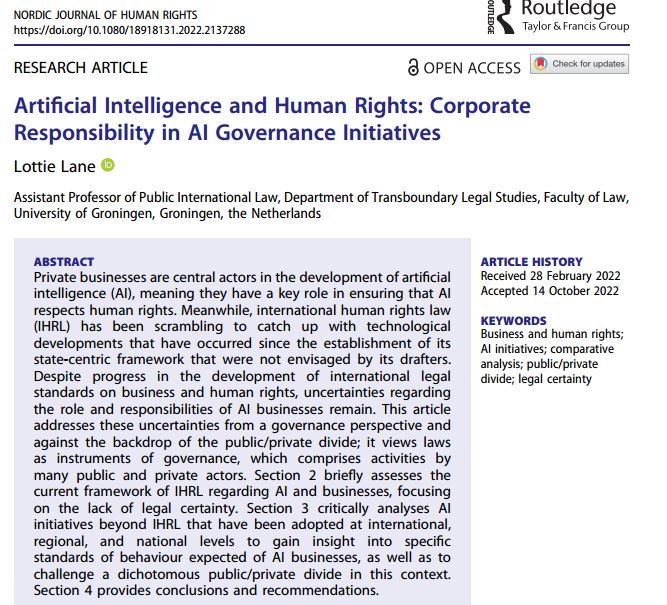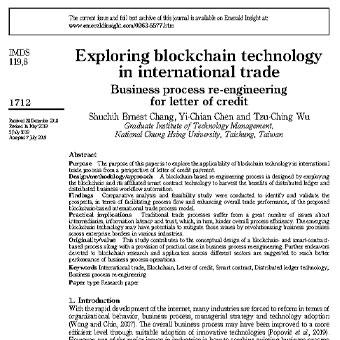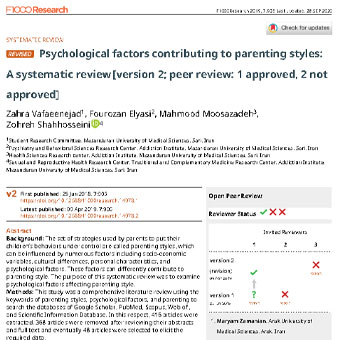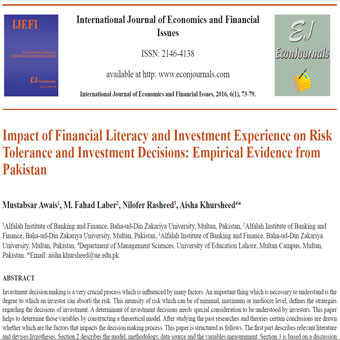عنوان فارسی مقاله:ارتباط حمایت سازمانی ادراک شده و عدالت سازمانی با عملکرد درون نقشی کارکنان و بدبینی سازمانی از طریق اعتماد سازمانی
چکیده
هدف-هدف این مقاله بررسی نقش واسطه ای اعتماد سازمانی در رابطه بین حمایت سازمانی ادراک شده و عدالت سازمانی از یک سو و پیامدهای آنها ، یعنی عملکرد در نقش کارکنان و سطوح بدبینانه سازمانی آنها از سوی دیگر است. در کنار این ، محاسبه اعتماد سازمانی به عنوان یک میانجی و بدبینی سازمانی به عنوان یک پیامد مهم نویسندگان قصد دارند به بهبود منابع کمک کنند.
طراحی/روش شناسی/رویکرد – از روش نمونه گیری تصادفی استفاده شد. داده ها از ۲۳۷ کارمند در سطح مدیریتی و ۱۵۶ سرپرست فوری آنها در هفت سازمان تولیدی و خدماتی خصوصی در هند جمع آوری شد. یک پرسشنامه شامل ۴۹ سوال مربوط به ساختارهای مطالعه اجرا شد. تجزیه و تحلیل موارد برای برآورد قابلیت اطمینان ابزار انجام شد. تجزیه و تحلیل عاملی تأییدی برای تعیین اعتبار سازه ابزار و منحصر به فرد سازه های مطالعه انجام شد. فرضیه های مطالعه مورد آزمایش قرار گرفتند و مدلهای مسیر رقابتی با استفاده از تکنیکهای مدل سازی معادلات ساختاری (SEM) با برآورد حداکثر احتمال مقایسه شدند.
یافته ها – همه مقیاس ها دارای برآورد قابلیت اطمینان قابل قبول بودند. نتایج تجزیه و تحلیل عاملی تأییدی نشان داد که متغیرهای آشکار به طور قابل توجهی بر ساختارهای نهفته خود بارگذاری می شوند و ساختارهای نهفته از نظر تجربی متمایز هستند. این امر اعتبار سازه مقیاس ها را ثابت کرد. نتایج روش های SEM نشان داد که همه فرضیه های مطالعه می توانند از نظر آماری قابل قبول باشند و اعتماد سازمانی مسیری را بین متغیرهای مستقل و وابسته ایجاد می کند.
محدودیت ها/مفاهیم تحقیق-این مطالعه از نظر طراحی از نوع مقطعی بود و به همین دلیل استنباط های علّی را منتفی کرد. داده ها از شرکت های بخش خصوصی فعال در هند جمع آوری شد ، و بنابراین ، در مورد تعمیم و تعمیم بین المللی کارکنان شرکت های دولتی محدودیتی وجود داشت.
اهمیت کاربردی – این مطالعه برخی از مفاهیم عملی مربوط به یافته های آن را مشخص کرد. اینها شامل برآوردن نیازهای وابسته کارکنان است ، مدیران به عنوان عوامل سازمانی باید با تعامل منظم با زیردستان خود حمایت سازمانی را نشان دهند و مدیران باید گزارشگران خود را نه به عنوان اعضای یک بخش معین بلکه به عنوان اعضای تیم ها خطاب کرده و بر اساس آن وظایف شغلی را تخصیص دهند.
اهمیت اجتماعی – یافته های این مطالعه به تعامل بین ایدئولوژی های مبادله اجتماعی ، حساسیت های عدالت و ابتکارات عادلانه اعتبار می بخشد. علاوه بر این ، نتایج این مطالعه ادبیات نظریه مبادله و ارزش اجتماعی را گسترش می دهد که متغیرهای مبادله اجتماعی را به عنوان پیش بینی کننده محل کار قرار داده است.
نتایج در زمینه هند این امر منجر به افزایش پیامدهای مثبتی مانند انجام وظیفه می شود و پیامدهای منفی مانند نگرش های بدبینانه به سازمان را کاهش می دهد.
اصالت/ارزش– این تحقیق از اولین تحقیقات در نوع خود است که متغیرهای مطالعه را در مقابل کارکنان مدیریتی شاغل در هند مورد بررسی قرار داده است. این مطالعه همچنین می تواند جزو معدود مطالعاتی در هند با اشاره به مبانی مبادلات اجتماعی ، عدالت و عدالت باشد(ارتباط حمایت سازمانی ادراک شده).
- لینک دانلود فایل بلافاصله بعد از پرداخت وجه به نمایش در خواهد آمد.
- همچنین لینک دانلود به ایمیل شما ارسال خواهد شد به همین دلیل ایمیل خود را به دقت وارد نمایید.
- ممکن است ایمیل ارسالی به پوشه اسپم یا Bulk ایمیل شما ارسال شده باشد.
- در صورتی که به هر دلیلی موفق به دانلود فایل مورد نظر نشدید با ما تماس بگیرید.
 متن به فارسی | ترجمه مقالات و متون علمی | ترجمه و دانلود مقالات و انواع متون علمی و ادبی و پذیرش سفارش ترجمه
متن به فارسی | ترجمه مقالات و متون علمی | ترجمه و دانلود مقالات و انواع متون علمی و ادبی و پذیرش سفارش ترجمه
